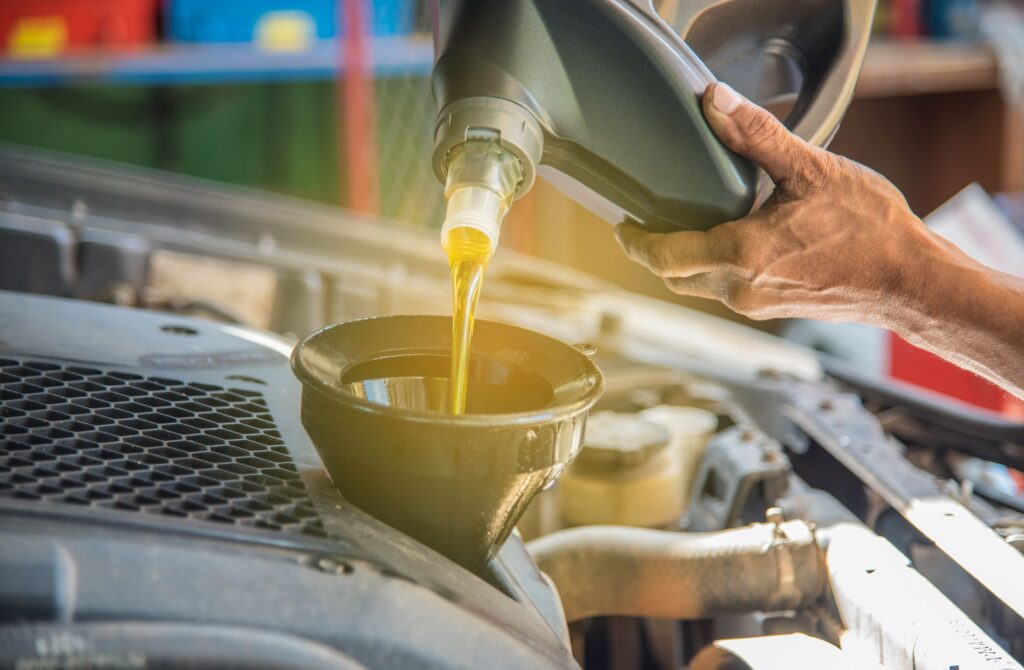
Lubricant Additives- Know Their Different Uses
There are various lubricant additives available in the market. Some of them are called demulsifiers. They are a type of antifoaming agent. They are used to increase the ability of oil filters to separate wax and oil. These lubricants are widely used in many industries. They are also used in fire-resistant fluids. These chemicals act as glues, tying the two substances together.
Find here the reliable chemical manufacturing companies in UAE.
A: These additives can be harmful if used in excess. Although they increase lubricant performance and increase its lifetime, they can alter the properties of the oil and affect its effectiveness. An unbalanced concentration of additives can degrade the quality of the oil. This can cause the efficiency of other additives to become affected. As a result, manufacturers of finished lubricants are against supplemental additives.
B: In addition to these lubricant additives, some of these lubricants can also interfere with the properties of the fluid. Emulsifiers are commonly used to make the oil-water emulsion stable, while demulsifiers separate them. They can be harmful to engines because they can reduce oil performance. Water-based lubricants may contain biocides, which can damage engine parts.
C: The most common additives are abrasives and antifoaming agents. These are compounds that attach to metal surfaces and help maintain lubricant fluidity. Typically, the pour point of an oil is 50degC or below. Below that point, the paraffin molecules in the oil begin to crystallize as wax, affecting the flow of the oil. To prevent this, lubricants must be added to prevent the growth of wax crystals.
D: The different uses of lubricant additives include sacrificial additives, which help maintain fluidity and prevent oxidation. By reducing the pour point, these compounds help maintain the fluidity of the lubricant. Below 50degC, the paraffin molecules in oil start to crystallize as wax. This decreases the flow of oil. These sacrificial additives modify the interface between the oil and the wax molecules, lowering the pour point by twenty to thirty degrees.
E: Unlike other additives, which improve the performance of oil by modifying its chemical makeup, emulsifiers work to prevent wax crystals from forming. These additives are added to the lubricant to keep the oil fluid and fluidity at high levels. Adding them to the oil can increase its viscosity and reduce its pour point. But the additives can cause harm if they are applied to the wrong place.